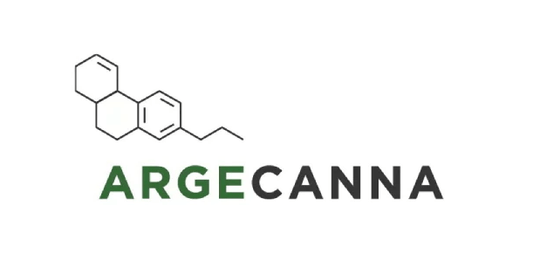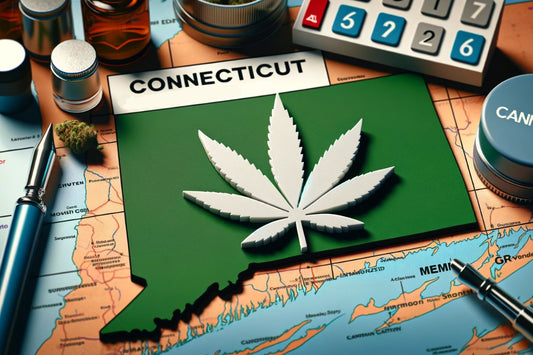DEA's notice on federal register: A shift in substance research
The Drug Enforcement Agency (DEA) has released a notice in the Federal Register, revealing an increase in the 2024 aggregate production quotas (APQ) for Schedule I Substances. This move signifies a substantial shift in the research landscape for substances like delta-9 THC, psilocybin, and DMT.
Increased quotas for Delta-9 THC and other substances
The 2024 APQ shows a notable increase in the quota for delta-9 THC, rising from 384,460 grams in 2023 to 1,523,040 grams in 2024. Similarly, the quota for "all other tetrahydrocannabinol" has also seen a significant rise. These increases reflect the growing interest and need for research in these areas.
DEA's response to public comments and research needs
In response to public comments and the evolving landscape of substance research, the DEA has adjusted its quotas to meet the medical and scientific needs. This includes a request for increased amounts of psilocybin and DMT, reflecting the rising interest in the therapeutic potential of these substances.
Public comments and DEA's adjustments
The DEA's report compiled a diverse range of public comments, addressing topics from opioid shortages to stimulant drug use. In response, the DEA has made quota adjustments for substances like dexmethylphenidate, lisdexamfetamine, and psilocybin, among others.
Addressing the religious use of Schedule I substances
One notable public comment involved the religious use of substances like psilocybin and mescaline. The Native American Church, for instance, requested an increase in the APQ for mescaline for their use. The DEA's response highlights its past work with indigenous communities but maintains its stance based on the Controlled Substances Act.
DEA's warnings and regulatory stance
The DEA recently issued a warning to Georgia pharmacies regarding the sale of low-THC cannabis oil products. This action underscores the DEA's commitment to ensuring compliance with federal laws and regulations, even as research quotas for certain substances increase.
Georgia's low-THC cannabis oil sales
In October 2023, Georgia began officially selling low-THC cannabis oil, with only three pharmacies licensed for this purpose. The DEA's warning to these pharmacies reflects the complex regulatory environment surrounding cannabis and related substances.
The imperative of continued research
With substances like fentanyl being a major source of overdose deaths, the DEA's increased quotas for cannabis, psilocybin, and DMT research are more crucial than ever. This progression in research quotas indicates a growing recognition of the potential benefits these substances may offer.








